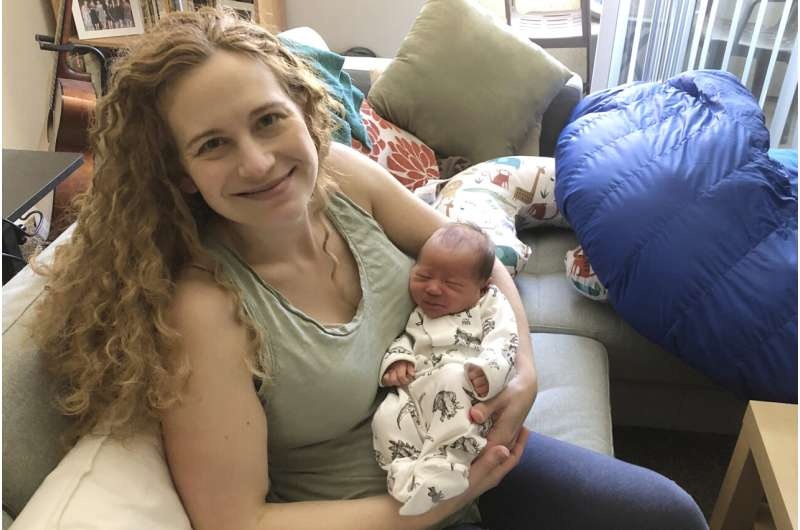A groundbreaking study reveals the profound impact of pregnancy on a woman’s brain, shedding light on the intricate neurological changes that occur during this transformative life event.

A Unique Neural Journey
A neuroscientist, Liz Chrastil was able to view the changes in her own brain while pregnant first hand. Now, using a repertoire of 26 brain scans taken before, during and after her pregnancy, Monserrat joins her research team to construct the first detailed map of how a woman’s brain physically changes throughout gestation.
Now published in the esteemed journal Nature Neuroscience, these findings reveal new insights about how this transition can changes nearly every area of a woman’s brain. In over 80% of regions analyzed there were reductions in grey matter volume, an area associated with thinking and cognitive processing. The typical percent reduction (about 4%) of the brain at this time, is almost exactly what we would expect to see at the onset of puberty.
Adaptation Of Consequences To Postpartum Implications
It is a common belief that this loss of gray matter due to aging is innately some kind of negative, but the truth of the matter may be different than the assumed grief. They say probably its the refinement of neural circuits, setting up the brain for this epoch in life—motherhood.
Additionally, the research found that some of these changes persisted post-pregnancy with a deeper and longer-lasting effect that signified the transformative nature of this process. Until now, brain scans taken before and after pregnancy were only snapshots; this new study is the first to track brain evolution on a day-to-day basis.
These results are important to consider with regard to current knowledge of postpartum mental health. The researchers are now partnering with institutes in Spain and rolling out the bigger Maternal Brain Project, an intercontinental plan to image hundreds of maternal brains. This dream project may one day give us vital clues about how to predict and, perhaps, prevent postpartum depression and more.
Conclusion
By shedding light on the extent of those changes, this new study marks a huge leap forward in understanding how pregnancy affects the brain. In this sense, identifying more about how neural circuits are fine-tuned and how they might be tied to postpartum mental health is a huge advance in maternal healthcare and neuroscience. With an expanding Maternal Brain Project, we look forward to further incredible achievements that will allow us to provide more significant care for women and families part-and-parcel of this critical period.
